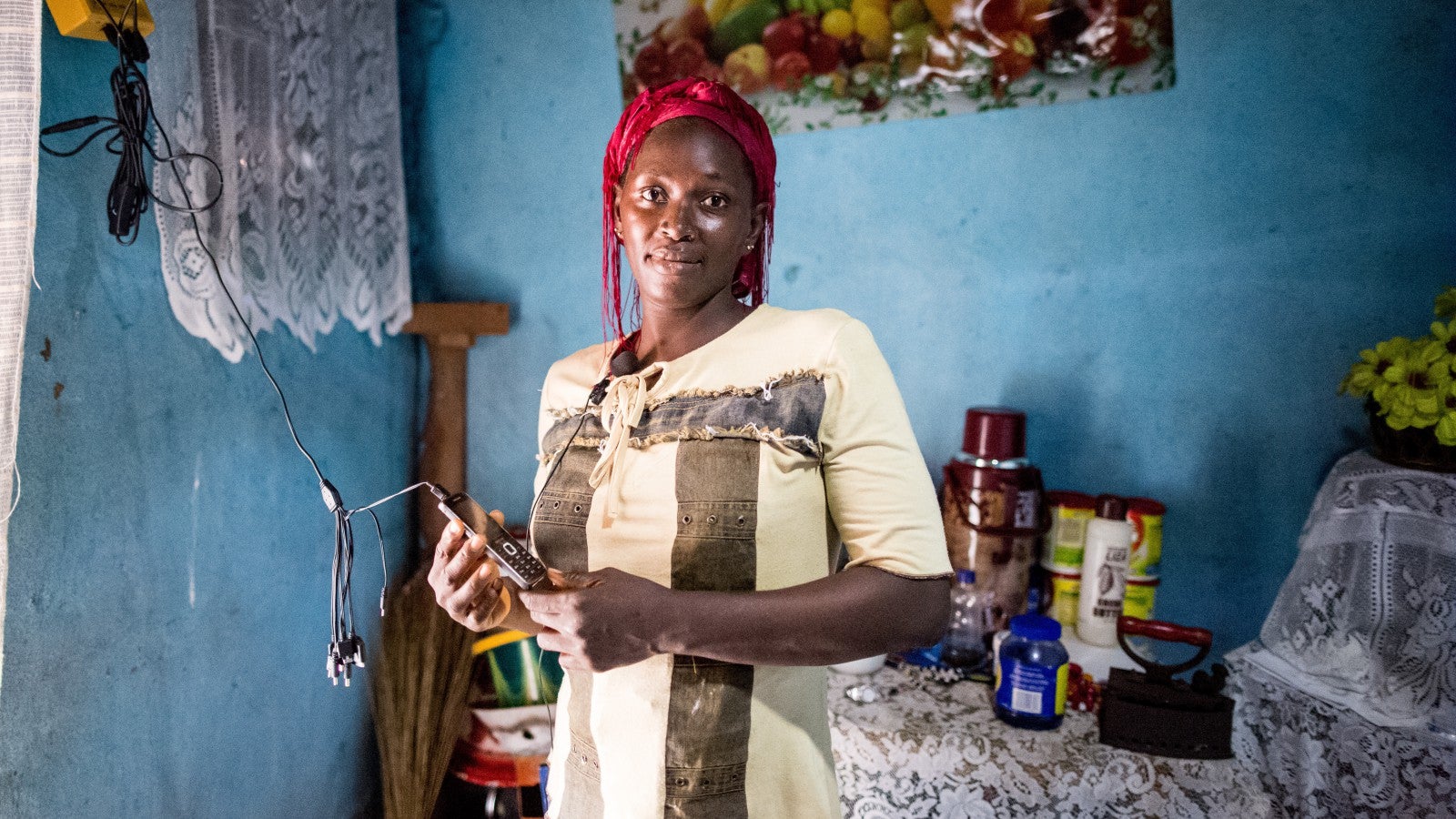The world’s most cutting-edge renewable tech is powering rural Africa
Distributed power—where electricity is generated locally, instead of delivered via complex grid infrastructure—makes lots of sense for Africa. About 600 million Africans don’t have electricity. But sunlight is a widely available resource across most of the continent, making distributed solar power one of the more sensible options for electrification.


Distributed power—where electricity is generated locally, instead of delivered via complex grid infrastructure—makes lots of sense for Africa. About 600 million Africans don’t have electricity. But sunlight is a widely available resource across most of the continent, making distributed solar power one of the more sensible options for electrification.
Plenty of companies see the potential. This has made parts of Africa a testing ground for cutting-edge solar power. Some countries are developing a whole new type of infrastructure not seen elsewhere in the world: mobile-phone-led, flexible, and controlled by the user rather than big utilities and government.
“We are now seeing the first innovation where the leading technologies are actually being deployed in Africa, not being deployed in the mainstream West,” said Simon Bransfield-Garth, CEO of Azuri Technologies. Azuri is based in Cambridge, UK, and installs rent-to-buy solar systems for homes in Tanzania and several other sub-Saharan states. Power from the panels are paid for by mobile phone or scratchcard. The payments also serve as installments towards owning the system outright. After about 18 months the homeowner has typically paid off the cost of the panels, or can buy them for a very small sum (say, $5).
Bransfield-Garth noted that other innovations, like mobile money, have blossomed first in Africa. The same now goes for energy, with cutting-edge technologies leaving traditional alternatives far behind.
“We’re putting together a product that’s got the latest LED lights, it’s got lithium iron phosphate batteries which are similar to the batteries you get in Tesla supercars, we’ve got adaptive smart metering inside the product, and we’ve got artificial intelligence in the product,” he told Quartz.
“And these are in $50 solar home systems that are sitting in rural Africa. And I compare that to the room I’m sitting in right now [in England], where light is controlled by two bits of wire and a mechanical switch, and has been for 150 years.”
Azuri has installed about 60,000 systems so far in Tanzania, Kenya, Ethiopia, Uganda, Sierra Leone and others. In November, it was recognized by the UN as one of 16 companies genuinely making a difference in the quest to halt climate change.
Others are getting into the act. Off Grid, a company focusing on Tanzania, also has a pay-as-you-go model, while M-Kopa covers that country as well as Kenya and Uganda.
Compare these state-of-the art systems to the often arduous process of getting solar panels installed on a home in Europe or America, and it becomes clear that Africa is not only a massive market for off-grid solar, but the leading one.